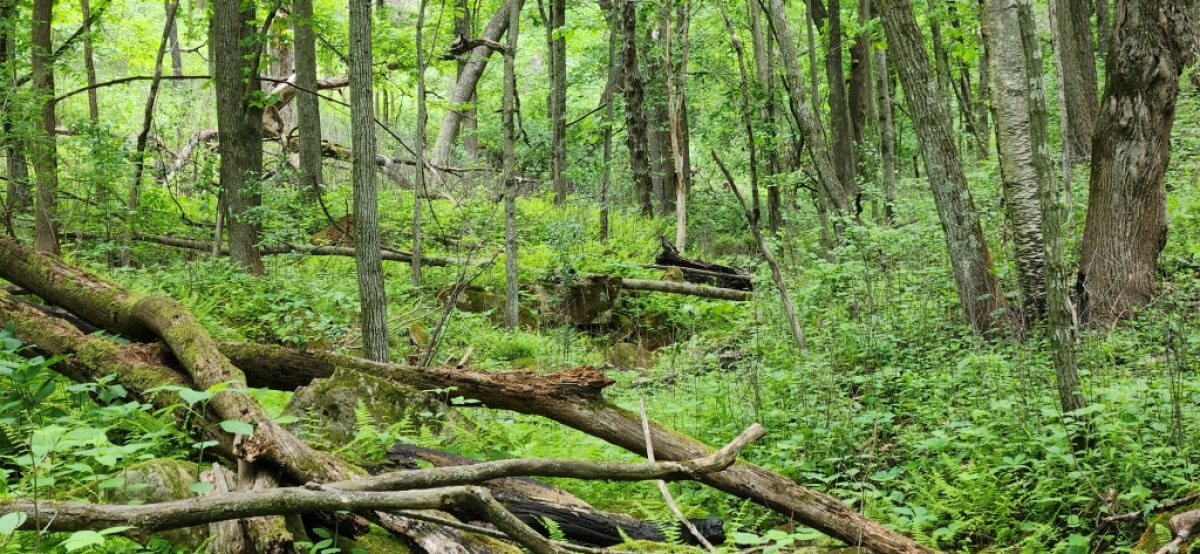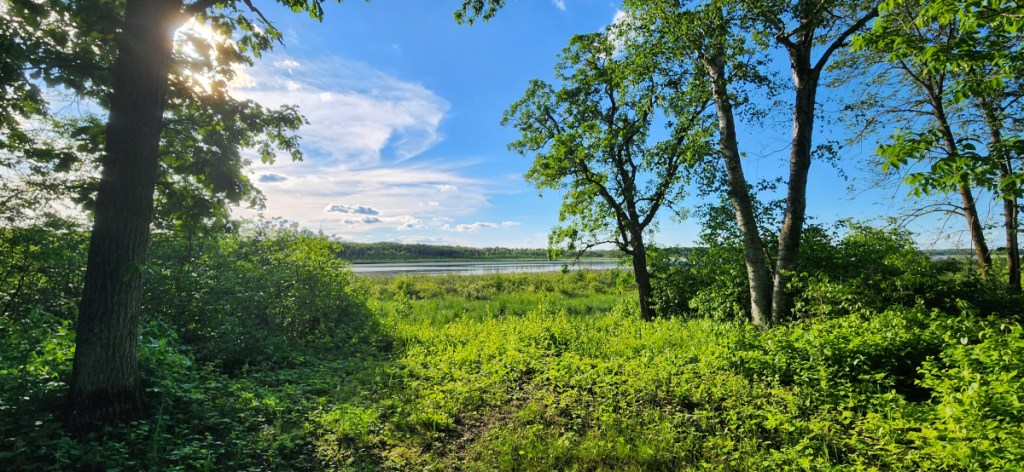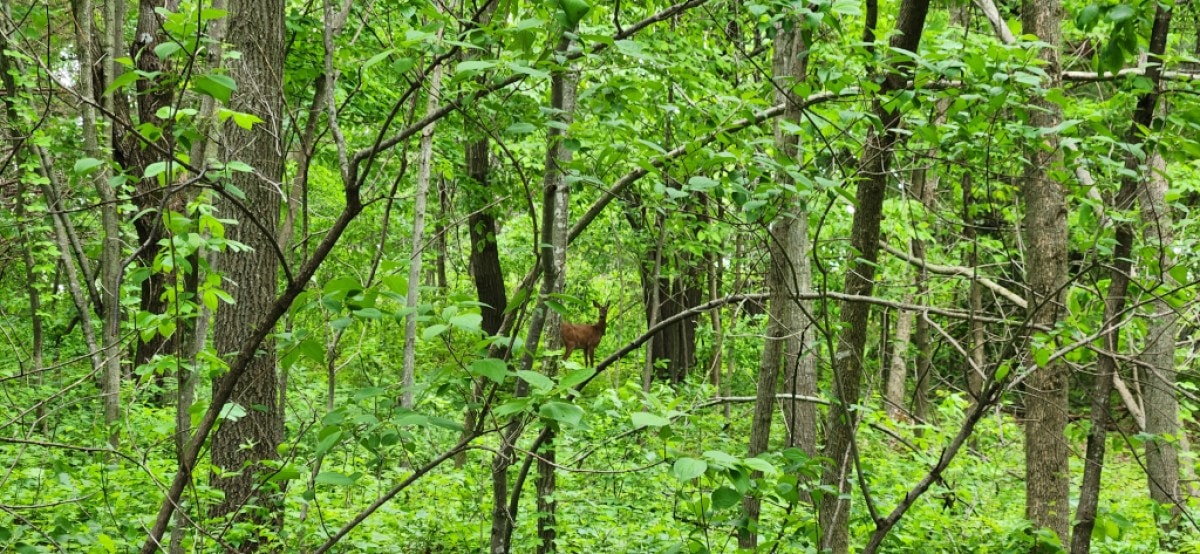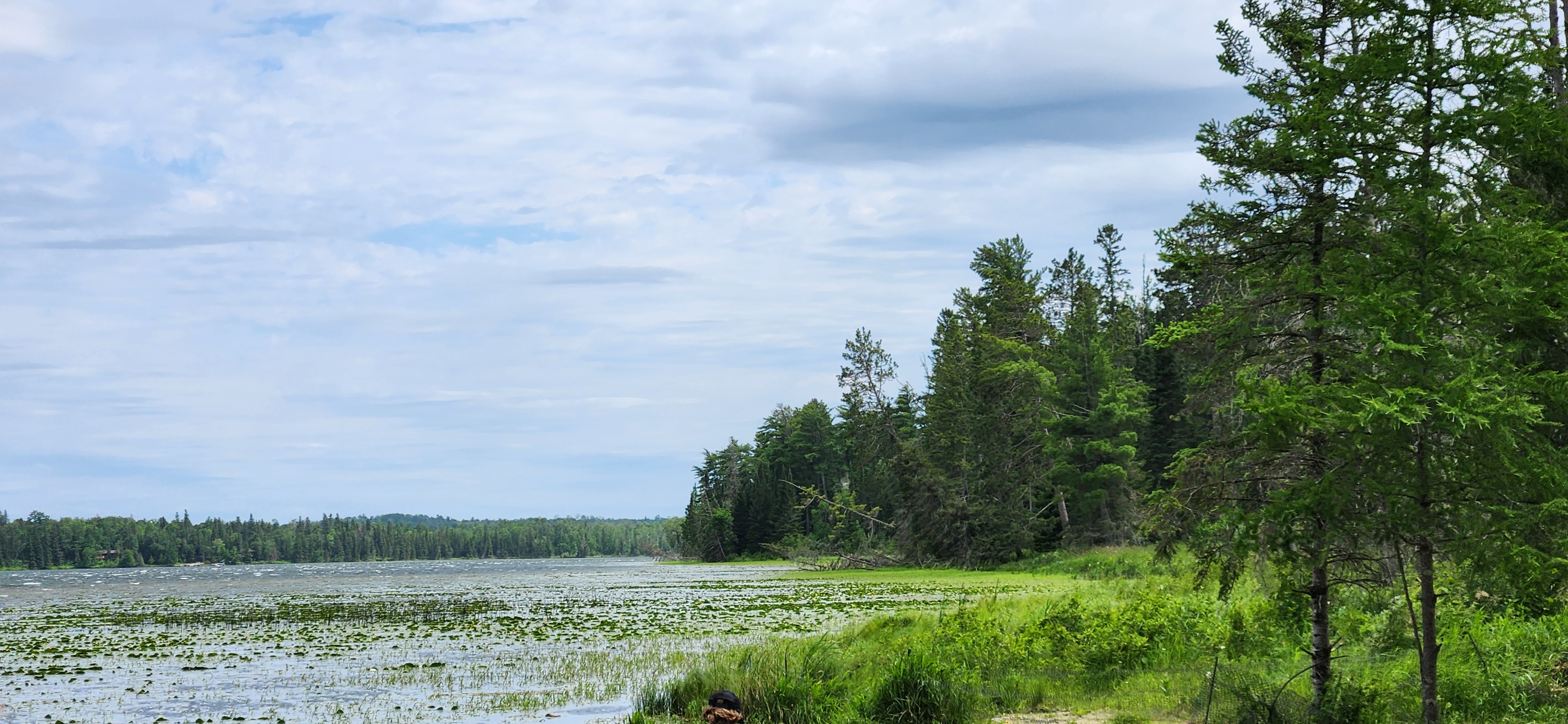1.
There are days I don’t see much nature.
When I say that, what I mean is, there are days when I do not set foot outside my front door. Busy with screens, busy with books, busy with newsletters, websites, social media, living through my eyes into the sense/less world. Sometimes I have to look at a picture of some wild thing just to remember I am alive.
This is a problem.
It’s a problem for all humans—born from nature, nature trailing through our blood and breath, infinities of ocean and wind within—and especially a problem for poets. The best poems are gemstones, the finest fractions of perception pried from the ore face of experience, then shaped and polished on the poet’s bench into prismatic wonders which reflect and magnify everything the creator has seen. A poet who looks nowhere but their screens is mining garbage dumps: maybe, every now and then, a flushed jewel will surface, but that can hardly suffice.
Not every poet writes about nature. But I do. Even when I don’t. My poems don’t always say woods, jungle, mountain, desert, sky, but nature runs through them like a river, an underground current that turns weather from one thing to another, modulates climate, gives life or takes it away. The natural world forms the core of the words I write, speak, remember. The words I will live through until the last trail of smoke from the forest fire of my brain dies out.
(I don’t mean my brain is brilliant; I mean it’s sparkly, loud and impossible to ignore. It’s destructive, and occasionally leaves behind something horrifying and bad-smelling, which is often the foundation for new growth—something beautiful from the ruins.)

2.
I love the world’s texture. Walking outside, I can feel a crunch beneath my soles, the shift and slide as ground settles more deeply into itself. Forest floors layered thickly with leaves pad steps in ways carpet never could. When I have been too long indoors on concrete, fiber, tile, varnished wood, my life starts blending together, all one step fading into the next, and I begin to lose myself. The natural world is where I am grounded, metaphorically, literally.
3.
I rarely go to the woods and wish to be inside. I don’t find myself standing in a meadow, swatting at gnats and smelling thick dirt and craving sitting at a desk instead. Human-made things remind me of nature; rarely the other way around. The natural world is the template for everything I see. Glass looks like a thin sheet of water separating me from the conference glade on the other side. Great metal bison trundle down the street, humans peering desperately from their bellies.
Clearing, riverbank, stream rushing over rocks, waterfall unreachable except through soft cool spray floating through air—all are places I could very reasonably just exist. When I’m in buildings, human-constructed attempts to redefine nature, I can’t wait to get out. I am restless in ways that moving from one cubic cave to another never satisfies. I hunger for the food of wildness.

4.
I cherish every unbuilt landscape, but I most love the woods. I can walk among burr oak, ironwood, sugar maple and hackberry for hours without boredom. Unlike the built world, forests are never the same thing. No factory stamps out trees with great mechanical arms and molten plastic, pouring into molds to make one and one and one and every one just more of the same. I would give every tree in the woods its own name, if I thought I could remember them all.
Camping in the darkness, I crave sun, wanting to see the world around me. I feel the weight of stars. But then box elders whisper in a passing breeze. A porcupine waddles by and climbs a nearby cottonwood, red eyes glowing. Some animal noise, mysterious and hungry, rises and falls in the near night. I sink into the sounds, forget daylight.
No factory stamps out trees with great mechanical arms and molten plastic, pouring into molds to make one and one and one and every one just more of the same.
5.
I write poetry. And I write poetry. And I write poetry.
I grew up traveling. Lived in Albuquerque, New Mexico, three blocks from the Rio Grande, which rose to rippled mirror and fell to red muddy flats as the rains fell or did not fall, somewhere far away. In Denver, my cousins and I crossed the street to a lush green park with madly powerful sprinklers that we commandeered to spray one another, between crayfish-catching expeditions in the creek; half a mile from Puget Sound, in Tacoma, Washington, the pungent reek of paper mills reminded me daily that trees were falling everywhere just so I could write down words.
I first submitted a poem to a magazine when I was in sixth grade, living in Raymond, Washington, not far from the Pacific. It was about tidal pools, those liminal spaces where sea meets shore and lingers for a while, where creatures every bit as mystical and wondrous as anything on a page live and die every hour of every day.
My poem was rejected. I no longer remember which magazine I sent it to—Highlights, Cricket, Stone Soup—nor where I got it, though my sixth-grade teacher was a likely source. I still love the thought of those creatures adapted to living in this very particular environment, who must endure hours in the sun, the crashing of waves, and predators variously winged, finned or tentacled. I can relate.

6.
Sometimes, I wonder why I write at all. In my work are trees deciduous and coniferous; landscapes dry, or lush or sharp with the glazed crackle of lava fields, or soft with salamander bellies slithering through mud; wind; stars stationary or falling; tides high, low and rip; baby sharks I have waded among in the slow surf; apocalyptic snow of volcanic ash from Mount St. Helens, which erupted 80 miles from my home soon after my 11th birthday. But the words I use, no matter how artful, pale in comparison to the real. Today, I can step out my back door to see an orange-red cardinal hopping through grass to pull at grubs. I lie in bed and listen to robins singing to each other at 4 in the morning.
What it comes down to is this: My poetry is my love letter to the world. In the same way a relationship with a human lover can be consuming—every song on the radio seems to speak of them, every sparkle reminds one of their smile, no thought occurs which seems unrelated—everything I see is both reminder and hymn for the wilds of the world, whether forest, ocean, island, desert, canyon, riverbank, backyard, city park or strip of grass next to the highway. Though my own words may not be the thing itself, they are one of the ways I remember, even when I can’t be in it, that life is out there.
My poetry reminds me that I love the world, that the world—in vast and endless and mysterious and fantastic and divine ways—loves me back. The earth will welcome me to rejoin it at any moment, will always be there for me to love, even in the wounded places, where it dies, where the world waits for me—for all of us—to do what we can to heal it, even if we can’t do enough. And we can’t—we can never do everything we should—but we can all do something. We can love. I can love. Today, that’s enough.
A Gift of Tongues
I wish to learn the secret
language of trees.
The way they whisper
to one and another,
arrangements made
to give and to receive.
We overhear, tapping
underground lines,
filaments, wood wires
connecting papery birch voices
with stentorian oaks.
Warnings in the wind,
drawn-out dying groan of elms
about to bury themselves in loam,
releasing their murderers
to fly, brittle-backed hordes
with larvae to feed.
I want to lay me down
on forest floor,
ear against earth,
smell the rotting leaves
and watch sunlight
feather the green-veined air,
transformed from fire to speech
to tree,
fungus,
forest,
me.
